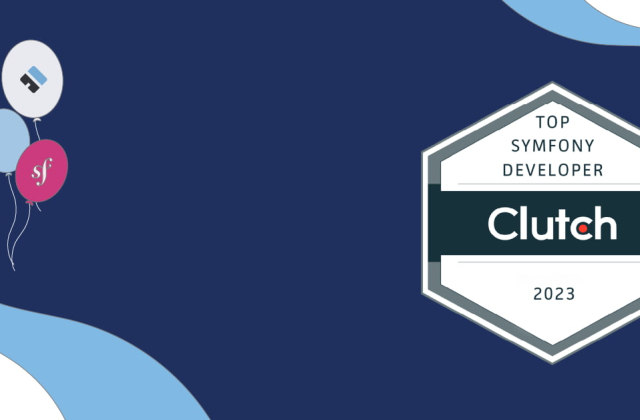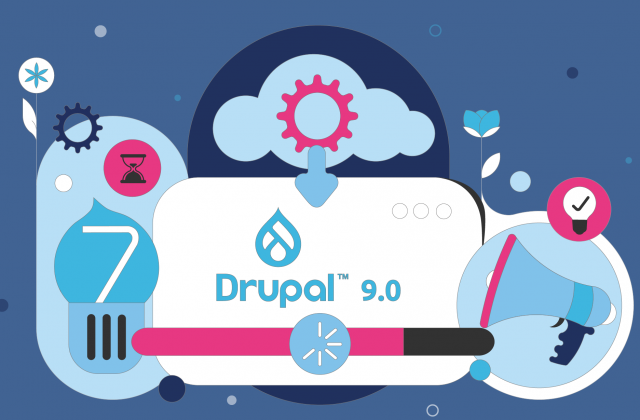Twitter has seen the development of a strange phenomenon in recent weeks, whereby thousands of user profile images have been ominously replaced by plain black squares. However this is not due to a a server error or code glitch, but is instead an act of co-ordinated protest against new proposals for internet regulation from the government of New Zealand.
The ‘blackout’ has also shown signs of spreading to other social networks like Bebo, Facebook and Myspace. Organised by the Creative Freedom Foundation, the action has had some impact already in causing the offending legislation to be delayed. Whether it can actually stop it remains yet to be seen, but the wider question really is – just how effective can such internet protest ever be?
In essence it could be argued that this protest is only one step more pro-active than the millions of facebook groups entitled ‘If 10,000 people join… x, y or z will happen’ – though they pretty much never seem to come to much. (This blog has previously covered the efforts of FB users to complain about the site’s new layout for example).
This latest instance is proving slightly more effective, perhaps through a combination of celebrity participants (including Stephen Fry) and also the relatively original and visually striking approach. As Fry has correctly pointed out; in such a case where protesters are geographically disconnected from eachother, the internet, and especially these social networks, become the only means to participate in a cohesive protest together.
Despite this though I can’t help but wonder whether such protests are far too easy to ignore. After all they are unlikely to seriously hurt the networks themselves (which would be one possible method of enlisting these massively powerful corporate entities to the cause), and as for the actual NZ Government – they have not even the slightest inconvenience to consider beyond possible guilt at having ignored the wishes of a few internet users.
All that has been done is that ministers have been made aware of opposition on the issue – if they choose to listen then great, job done. But if they don’t want to listen there is little else for them to consider when making the decision.
All in all, it seems that such actions are not really strong or forceful enough to even merit the use of the word (action) or let alone ‘protest’. The Blackout is really more of a petition, and if it succeeds then well done to all involved. But we should perhaps always bear in mind that such complaint is far too easy and quick to lodge – and consequently equally easy to dismiss.
Dejan Levi



